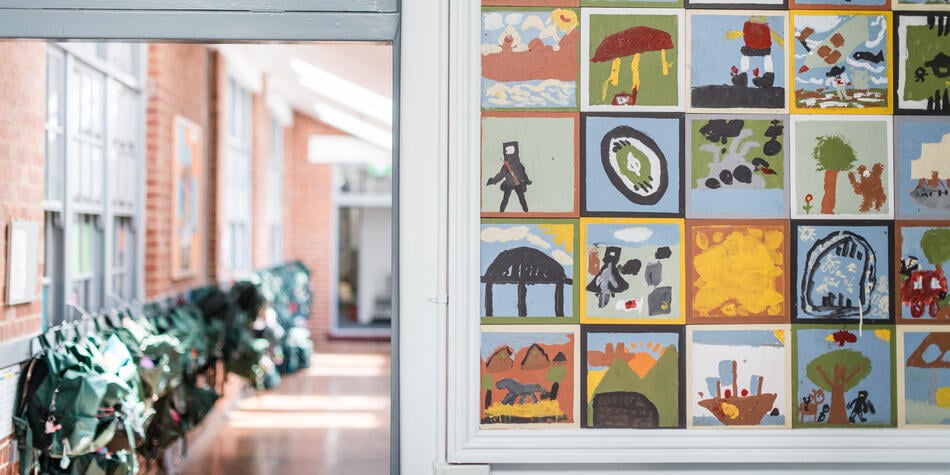The best way to determine your eligible method areas for entry to our secondary teaching degrees is to check your university transcript against our current list of approved teaching methods below. Please note that certain teaching methods may only be available as a major, online or have additional eligibility requirements.
Master of Teaching (Primary and Secondary)
If you're applying for the VIT accredited Master of Teaching (Primary and Secondary), you must meet the prerequisite of having prior tertiary studies in at least two single teaching methods (one major and one minor, or two majors) or one double teaching method in the secondary teaching areas outlined in the Victorian Curriculum F-10.
For more information on studying senior secondary curriculum areas in Victoria, please refer to the Victorian Curriculum and Assessment Authority VCE Study Designs. We strongly encourage you to carefully review the teaching accreditation and registration standards specific to the state or territory you intend to register in and teach.
Browse the teaching methods offered in this course
Master of Teaching (Secondary)
If you're applying for the VIT accredited Master of Teaching (Secondary), you must qualify for at least two single teaching methods (one major and one minor, or two majors) or one double teaching method in the secondary teaching areas outlined in the Victorian Curriculum F-10.
For more information on studying senior secondary curriculum areas in Victoria, please refer to the Victorian Curriculum and Assessment Authority VCE Study Designs. We strongly encourage you to carefully review the accreditation and registration standards specific to secondary teaching in the state or territory you intend to register in and teach.
Browse the teaching methods offered in this course
Master of Applied Learning and Teaching (Secondary)
With the introduction of the VCE Vocational Major (VCEVM), if you're applying for the VIT approved Master of Applied Learning and Teaching (Secondary), you're required to have at least one secondary teaching method major (outlined in the Victorian Curriculum F-10) in addition to the VCEVM. We strongly encourage you to review the teaching accreditation and registration standards specific to the state or territory you intend to register in and teach.
Graduates intending to apply for registration in Victoria should carefully check all VIT requirements relating to this process.
Browse the teaching methods offered in this course


